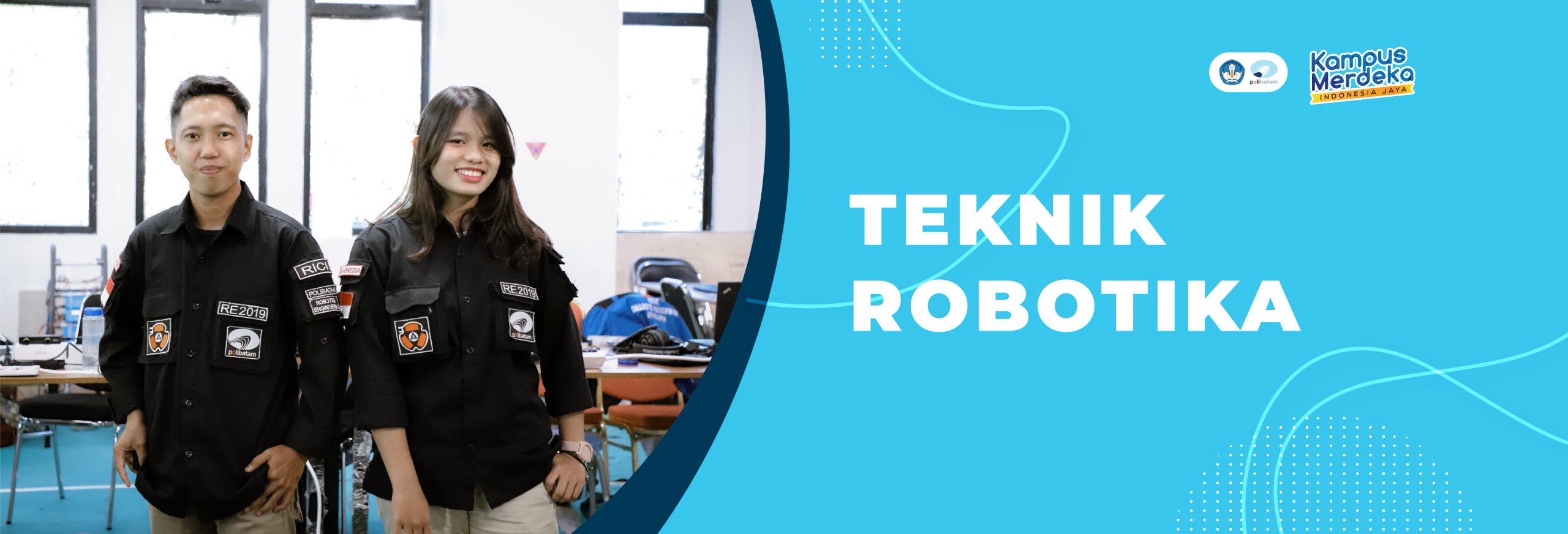Applied Bachelor of Robotics Engineering Technology
PROGRAM EDUCATION OBJECTIVES
- Our graduates are able to actively, creatively, and innovatively identify and solve problems related to robotics technology through the application of engineering principles.
- Our graduates possess superior personal and interpersonal skills for successful careers in industry, academia, and business.
- Our graduates are able to adapt to new technologies through quality, open and relevant applied research, and in close collaboration with society and industry.
STUDENT OUTCOMES
- An ability to apply knowledge, techniques, skills, and modern tools of mathematics, science, engineering, and technology to solve broadly-defined engineering problems appropriate to the discipline;
- An ability to design systems, components, or processes meeting specified needs for broadly-defined engineering problems appropriate to the discipline;
- An ability to apply written, oral, and graphical communication in broadly-defined technical and non-technical environments; and an ability to identify and use appropriate technical literature;
- An ability to conduct standard tests, measurements, and experiments and to analyze and interpret the results to improve processes; and
- An ability to function effectively as a member as well as a leader on technical teams.
MAJOR COMPETENCIES
Graduates of this program have the capacity in designing automated robotic systems used to increase production and precision levels in specific industries, troubleshooting robotic systems, and designing software to control robotic systems.
JOB PROSPECTS
- Robotic engineer
- Robotic technician
GRADUATE COMPETENCIES
- Able to apply mathematics, science, and engineering principles into procedures, processes, systems, or applied engineering methodologies to solve broadly-defined engineering problems in the field of robotics;
- Capable of identifying, formulating, conducting reference/standard/codes/database searches, analyzing, and solving general engineering problems in the field of robotics using analytical tools for one area of specialization by taking into account economic, public health and safety, cultural, social, and environmental factors (environmental considerations);
- Able to design and realize components, processes, equipment, facilities or installations, well defined engineering system designs in the field of robotics, and parts of broadly defined engineering systems designs in the field of robotics, which meet specific needs with proper consideration of public health and safety issues , cultural, social, and environmental by referring to industry standards and methods;
- Able to opt for resources and utilize engineering design and analysis tools in the field of information technology-based robotics and computing that refers to industry standards and methods;
- Able to improve the performance or quality of a process in the field of robotics through testing, measuring work objects, analyzing, and interpreting data according to procedures and standards;
- Able to use modern technology in carrying out work in the field of robotics.
Download Kurikulum Download Akreditasi


